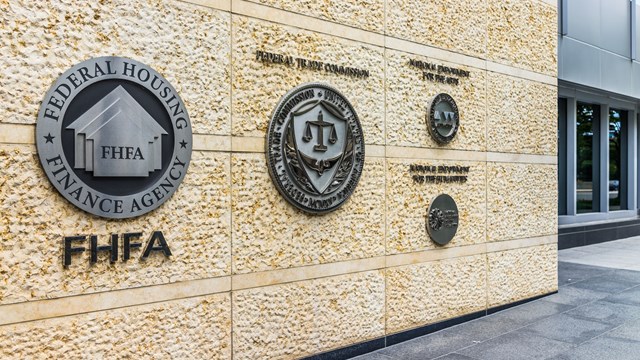“No unit owner shall make, cause, or permit any unusual, disturbing, or objectionable noise or odors to be produced or to emanate from his or her unit or its appurtenant limited common elements or permit anything to be done therein that will interfere with the rights, comforts, or conveniences of other unit owners.”
We realize that some new condominiums are deemed “non smoking,” however this condominium was built in 1968 and the bylaws were written in 1981 and are vague. If in fact, the bylaws deem cigarette smoke as an objectionable odor, what measures can the board of directors take to enforce this? Are they allowed to “not permit cigarette smoking” in an owner’s unit? The upstairs unit owner now has their condo up for sale; however, the next owner will undoubtedly have the same problem if they themselves are not smokers.
—Caught in the Middle
“The association could also attempt to address the problem through promulgation of rules and regulations governing smoking in the units and/or common areas. The more restrictive the rules, however, the more likely they are to be challenged by owners that smoke. And since rules are passed merely by board vote, they are far more susceptible to legal challenge. If the rule is deemed an unreasonable restraint on use and enjoyment of one’s residence, it will be struck down by a court.
“The association can also implement rules which, instead of focusing on limitations on the smoking itself, focus on requiring owners that smoke to take various steps to eliminate or mitigate the transmission of their smoke out of their units into other units and common elements. These can include such proactive measures as sealing certain openings in a unit and installing special fans, ducts and air purifiers.
“Finally, given the “odors” provision you quoted from your bylaws, the association can also fine the downstairs unit owner if the board determines that the smoke that is being transmitted from that unit amounts to what would reasonably be viewed as an annoyance by the average resident.”







4 Comments
Leave a Comment